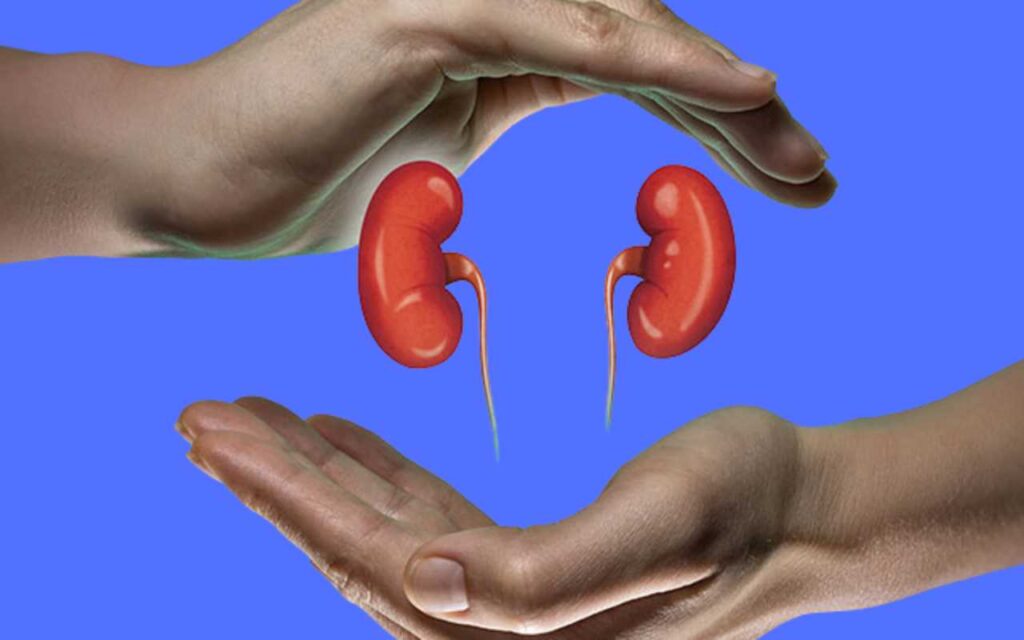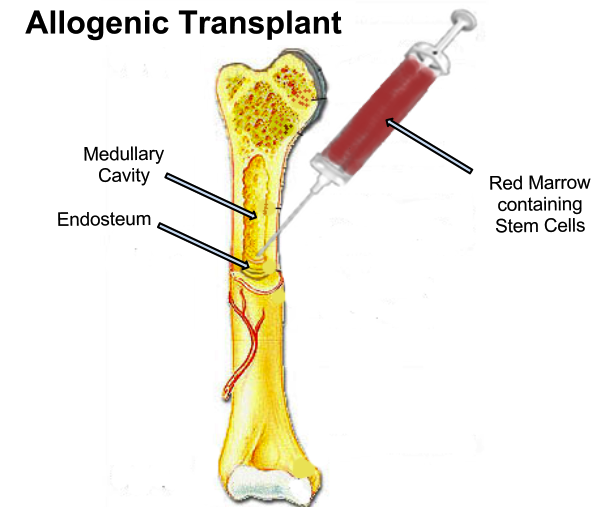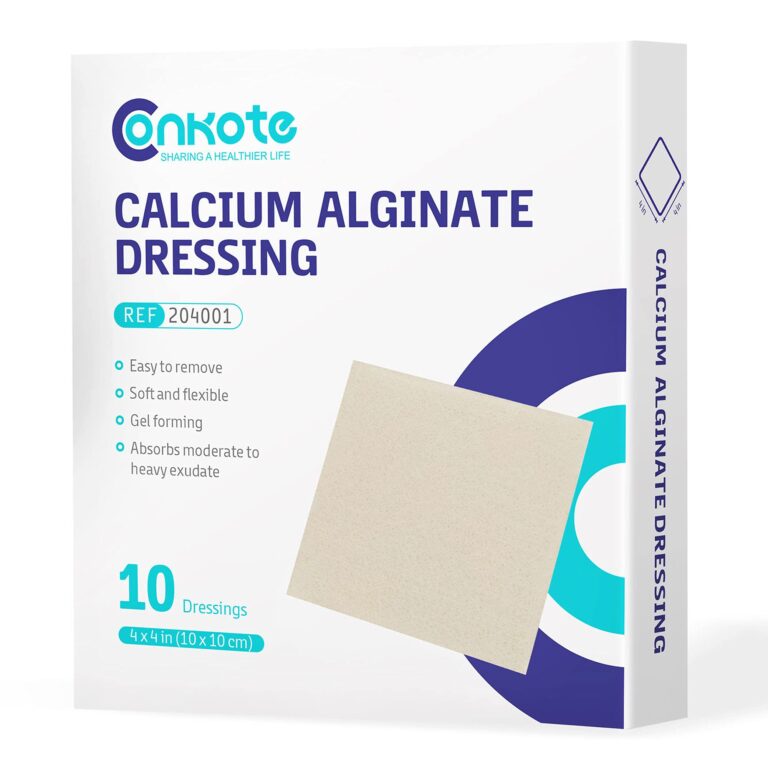Tips for Maintaining Healthy Kidneys
Maintaining Healthy Kidneys : The kidneys are vital organs responsible for filtering waste products, balancing electrolytes, and regulating blood pressure. Maintaining Healthy Kidneys is crucial for overall well-being. Here are some practical tips to keep your kidneys healthy: (How can I improve my kidney function naturally)
1. Stay Hydrated (Maintaining Healthy Kidneys)
Proper hydration is key to kidney health. Water helps remove waste from the blood in the form of urine. It also helps keep your blood vessels open, allowing blood to flow freely to your kidneys. Aim to drink at least 8-10 glasses of water a day.
However, the exact amount can vary based on your age, climate, physical activity, and overall health. If you have a specific health condition, like kidney stones or chronic kidney disease, consult with your healthcare provider about the appropriate amount of water intake for you.
2. Eat a Balanced Diet
A balanced diet rich in fruits, vegetables, whole grains, and lean proteins can help Maintaining Healthy Kidneys. Foods that are high in antioxidants, vitamins, and minerals support overall health and can prevent chronic diseases that impact the kidneys.
- Reduce Sodium Intake: High sodium levels can increase blood pressure and damage the kidneys over time. Aim to consume less than 2,300 milligrams of sodium per day.
- Limit Processed Foods: Processed foods are often high in sodium, sugar, and unhealthy fats. Opt for fresh, whole foods instead.
- Choose Healthy Fats: Unsaturated fats, like those found in olive oil, avocados, and nuts, are better for your kidneys than saturated and trans fats.
3. Monitor Blood Pressure
High blood pressure can damage the kidneys over time. It’s crucial to keep your blood pressure within a healthy range.
- Tip: Regularly check your blood pressure and maintain it with a healthy lifestyle. If prescribed medication, take it as directed by your healthcare provider.
4. Manage Blood Sugar Levels
Diabetes is a leading cause of kidney disease. Keeping your blood sugar levels in check can prevent kidney damage.
- Tip: Monitor your blood sugar levels regularly if you have diabetes. Follow your doctor’s recommendations regarding diet, exercise, and medication.

5. Exercise Regularly (Best exercise for kidney health)
Regular physical activity can help reduce the risk of kidney disease by controlling blood pressure and blood sugar levels.
- Tip: Engage in at least 30 minutes of moderate exercise, such as walking, swimming, or cycling, most days of the week.
6. Avoid Overuse of Painkillers
Over-the-counter pain medications, especially nonsteroidal anti-inflammatory drugs (NSAIDs), can damage the kidneys if taken too frequently or in high doses.
- Tip: Use painkillers only as directed and consult your doctor if you need them regularly.
7. Quit Smoking
Smoking can worsen kidney damage and interfere with medications that treat high blood pressure.
- Tip: Seek help to quit smoking. There are various resources available, such as nicotine replacement therapy, medications, and counseling.
5 Lower Back Pain Exercises to Strengthen and Soothe Your Spine
8. Limit Alcohol Consumption
Excessive alcohol intake can increase blood pressure and add extra calories, leading to weight gain and higher risk of kidney disease.
- Tip: Limit your alcohol consumption to moderate levels, defined as up to one drink per day for women and up to two drinks per day for men.
9. Maintain a Healthy Weight
Obesity is a risk factor for kidney disease. Maintaining a healthy weight can help prevent conditions like diabetes and hypertension, which are harmful to the kidneys.
- Tip: Combine a balanced diet with regular physical activity to achieve and maintain a healthy weight.
10. Regular Check-ups
Regular medical check-ups can help detect kidney problems early when they are most treatable. (Healthy kidneys signs)
- Tip: Get your kidneys checked at least once a year, especially if you have risk factors such as diabetes, high blood pressure, or a family history of kidney disease.
11. Reduce Salt Intake
Excessive salt can lead to high blood pressure, which can damage the kidneys over time.
- Tip: Aim to consume less than 2,300 milligrams of sodium per day. Be cautious of hidden salts in processed and packaged foods.
12. Avoid Dehydration
Dehydration can strain the kidneys and lead to kidney stones and infections.
- Tip: Drink fluids regularly, especially in hot weather or when exercising. Water is the best choice, but you can also consume herbal teas and clear broths.
13. Be Cautious with Supplements and Herbal Remedies
Some supplements and herbal remedies can harm the kidneys, especially if taken in large quantities or if you have pre-existing kidney conditions.
- Tip: Always consult your doctor before taking any new supplements or herbal products.
14. Reduce Protein Intake
While protein is essential, too much can be harmful to the kidneys, especially for those with pre-existing kidney conditions.
- Tip: Follow a moderate protein diet unless otherwise advised by your healthcare provider. Choose high-quality proteins like lean meats, fish, and beans.
Manage Stress
Chronic stress can lead to high blood pressure, which can damage the kidneys. Practice stress management techniques such as deep breathing, meditation, yoga, or other relaxation methods to keep your stress levels in check.
Foods to avoid for kidney health
To maintain kidney health, avoid foods high in sodium, potassium, and phosphorus. Limit processed foods, canned soups, and salty snacks. Reduce intake of bananas, oranges, potatoes, and dairy products. Steer clear of red meat and high-protein diets. Opt for fresh, whole foods to support kidney function.
How to improve kidney function to avoid dialysis
To improve kidney function and avoid dialysis, maintain a balanced diet, exercise regularly, stay hydrated, manage blood pressure and blood sugar levels, avoid excessive use of medications, and avoid smoking and excessive alcohol consumption. Regular check-ups with a healthcare provider are also crucial for monitoring kidney health.
Supplements to improve kidney function
For Maintaining Healthy Kidneys, supplements like omega-3 fatty acids, coenzyme Q10, and probiotics can support kidney function. Omega-3 reduces inflammation, CoQ10 boosts cellular energy, and probiotics enhance gut health, indirectly benefiting kidneys.
Always consult a healthcare provider before starting any supplements to ensure they’re safe and appropriate for your specific health needs.
Conclusion
Maintaining healthy kidneys is fundamental to overall health and longevity. By following these tips and making conscious lifestyle choices, you can support your kidneys and reduce the risk of kidney disease.
Remember, prevention is always better than cure, and small changes can make a significant difference. Regular consultations with your healthcare provider will ensure that your kidneys function optimally and help you lead a healthier life.







